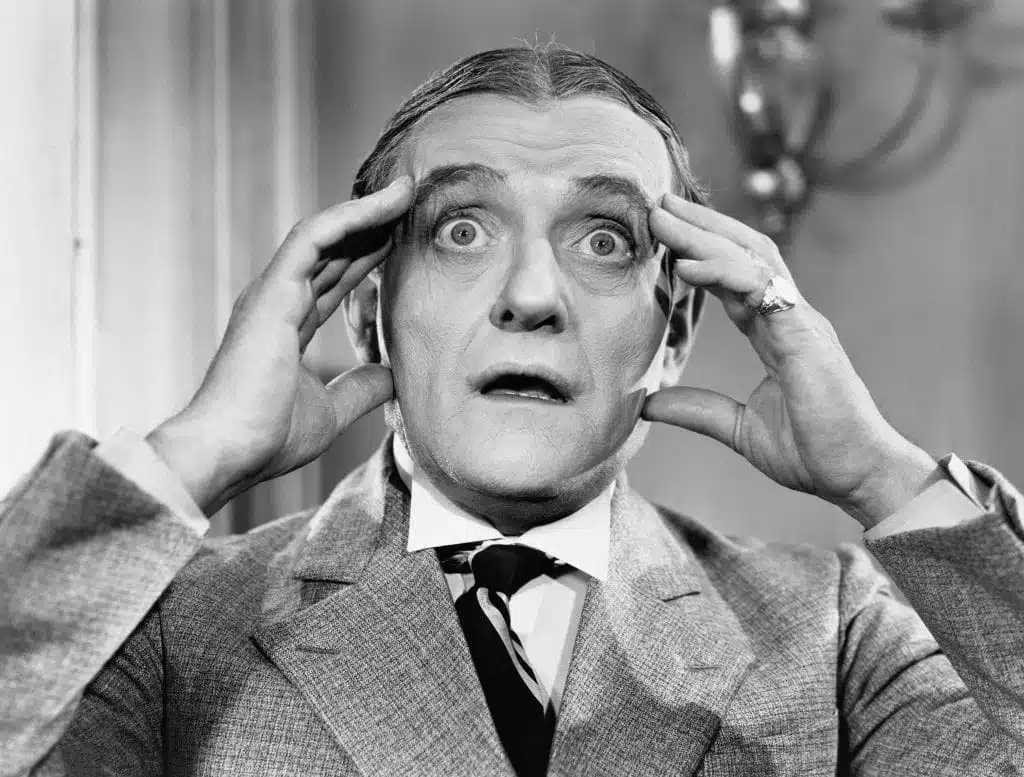“Always go with your passions. Never ask yourself if it’s realistic or not” – Deepak Chopra
If you coach people, then you have found that change does not come easily.
Coaching is about the ability to set the goal, to work systematically towards the goal, and responding appropriately to feedback.
I’ve learned that there are four foundations involved in creating decisive change.
1. Unhappiness with the Present Situation
If the Coachee is satisfied with what they have at present, namely ‘the Situation’, then why even bother to change?
But if the Coachee is unhappy, then that’s a precursor for change. But there needs to be more than unhappiness. To change, the Coachee needs a strong desire to change.
To effect change, the Coach needs to work out the Coachee’s desire to change and to then create a compellingly different Situation from the present, by creating a Vision of the Future.
Weight loss is a great example. We all know plenty of people who are unhappy with their weight. But they do nothing about it. Then a crisis confronts them: maybe it’s a poor health result; or a heart attack; or the tip over to Type 2 Diabetes. Whatever the circumstance, the presentation of a significant event is the catalyst that brings a change in the Situation for someone to go from general unhappiness to a sudden and strong desire to change.
2. Vision of the Future
A Vision of the Future needs to have a ‘future pull’. To have that pull, it needs to be inspiring enough, and yet somewhat fuzzy in detail. Too much detail is ironically limiting for the Coachee.
If the Coachee is uninspired by their Vision of the Future, then it’s unlikely that they are going to put any meaningful effort into creating change. There is no future pull.
Also, if the Vision of the Future is too specific, then the Coachee can get bogged down, becoming blind to other ways of achieving the same goal. Mike Dooley calls this the “cursed hows“.
Rather, it’s helpful for the Coachee to have a broad fuzzy vision – to guide the Coachee, as well as provide specific inspiring goals to work towards along the way.
Using the same example, a visit to the doctor after the significant event (like the tip over to Type 2 Diabetes) allows the doctor to suggest an ideal BMI range or a weight goal. How the person gets there in the end can be through exercise, diet change, reduction of refined sugar, or any combination of these. Whatever it is, the end goal is the key target, but how to get can present and change along the way.
3. Competencies to Reach the Goal
The Coachee might have the desire Vision of the Future, but without the requisite knowledge and skills, they might just fumble along, getting demotivated and then failing to reach a goal or the Vision of the Future.
When I encounter this I sometimes have found that it’s helpful to change my role from Coach to that of Trainer, where I teach the required competencies – the knowledge and skills they needed.
In the example of weight loss above, the person can learn about nutrition from a dietitian, and exercise from a personal trainer, getting the support of people who can be directive and instructional while the person acquires new skills and knowledge in this area.
4. Continuous and Deliberate Action Towards the Goal
Rather than merely having wishful thinking, to effect purposeful and directed change, the Coach and Coachee must focus on continuous and deliberate action. Again, Mike Dooley has a saying, “Do all you can, with all you have, from where you are.”
The role of the Coach is to hold the Coachee accountable for the action plans which they have agreed to.
Coaches need to help Coachees set a goal, develop an action plan, act, monitor, and evaluate change – see what’s working, what’s not; and focussing on doing more of what works.
Taking the weigh loss example again, if the person can maintain a steady schedule of walking and successfully managing a weekly regime of the 5:2 diet, and this is working, then the Coachee and Coach are best to continue focussing on the achievement of the BMI or weight target that way.
* * * * * * * *


